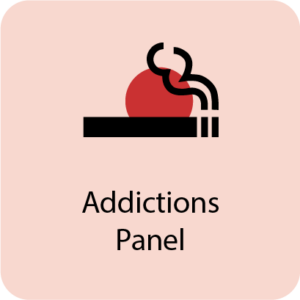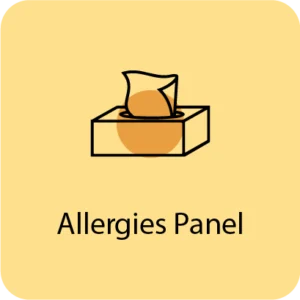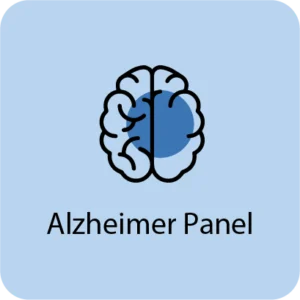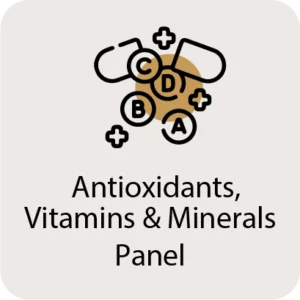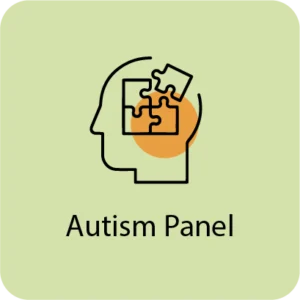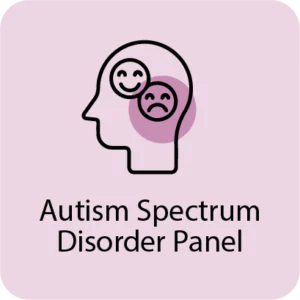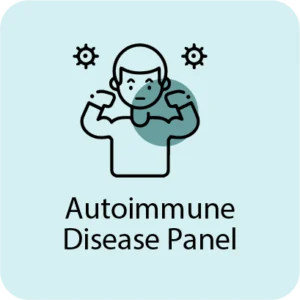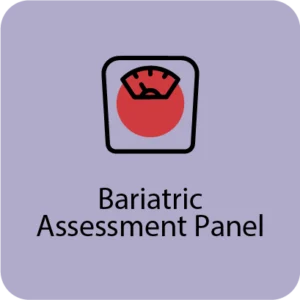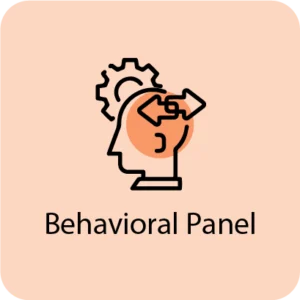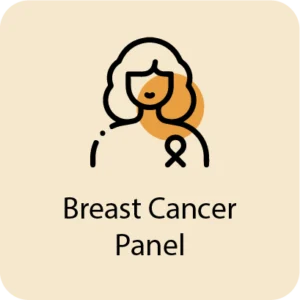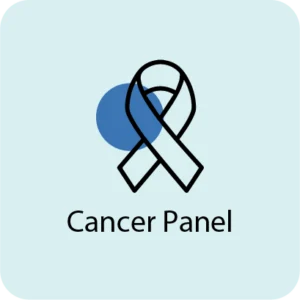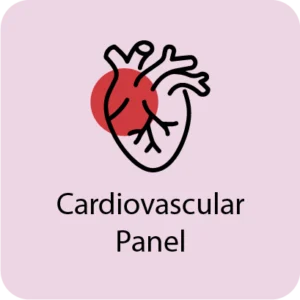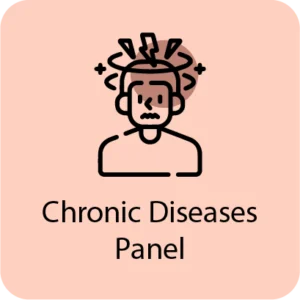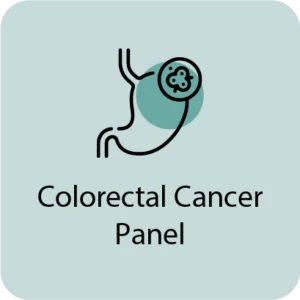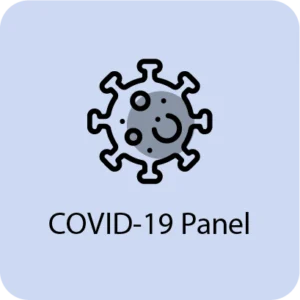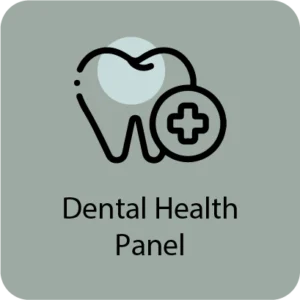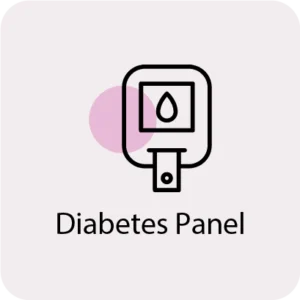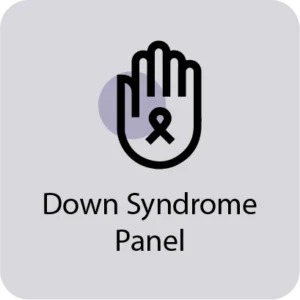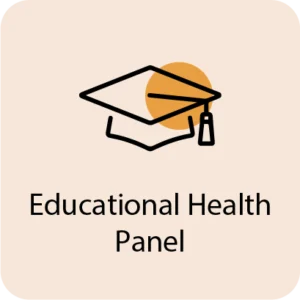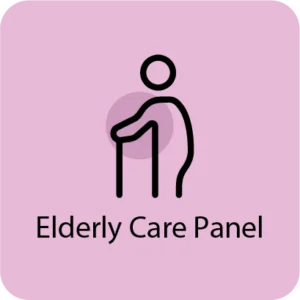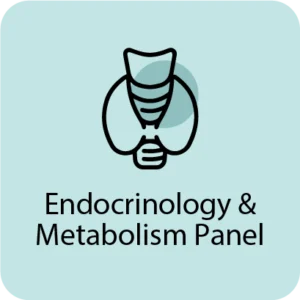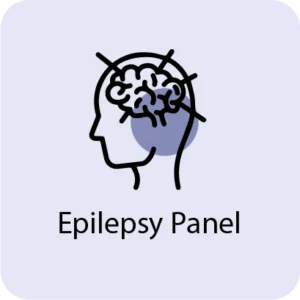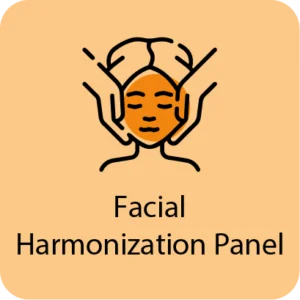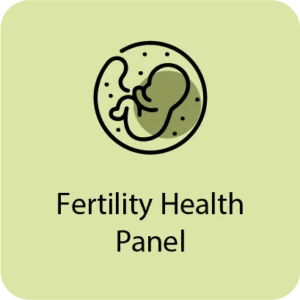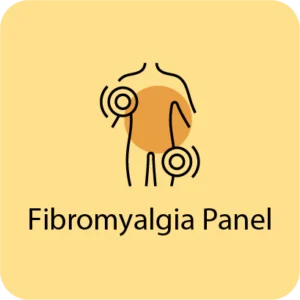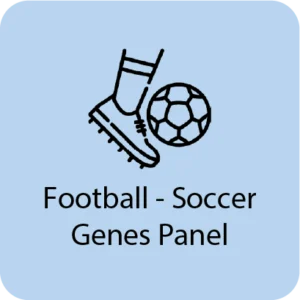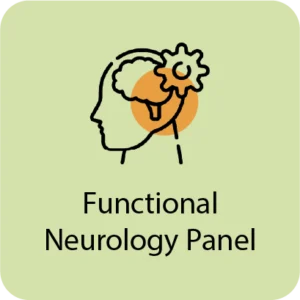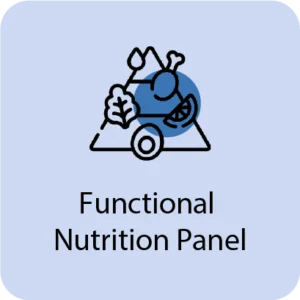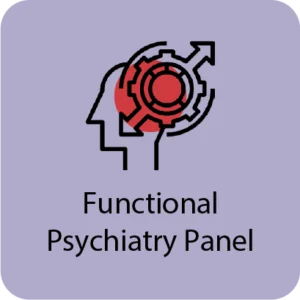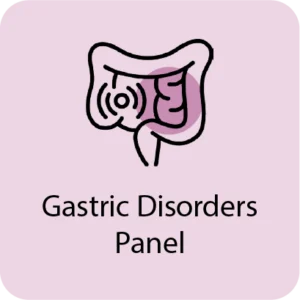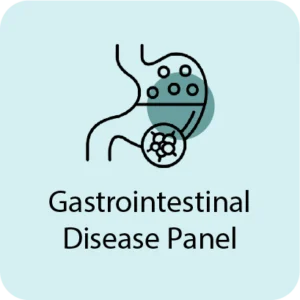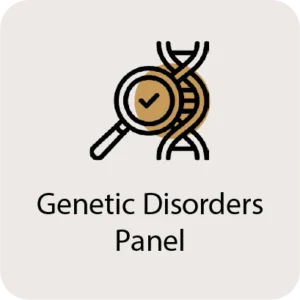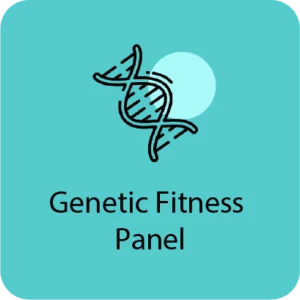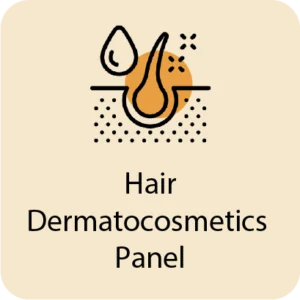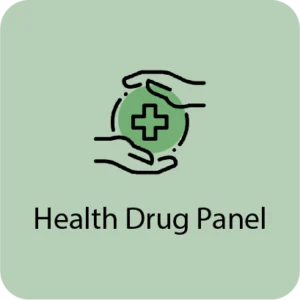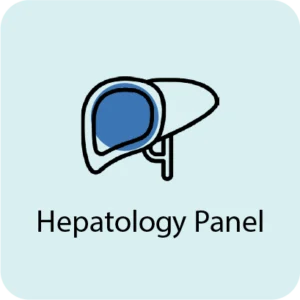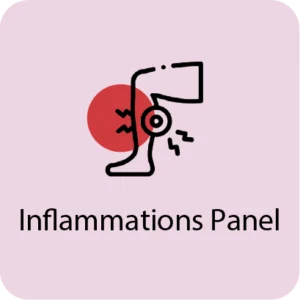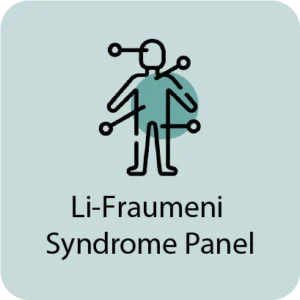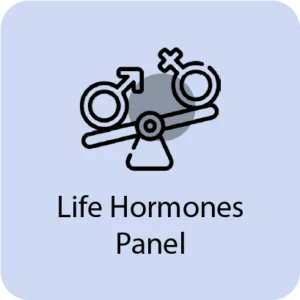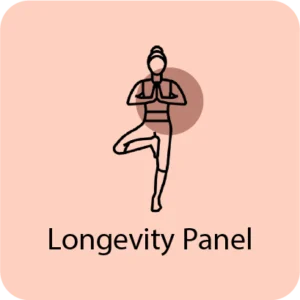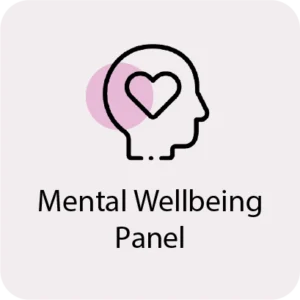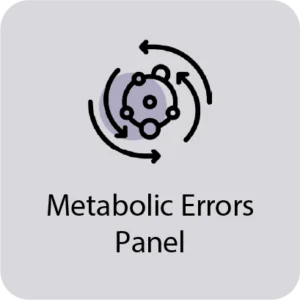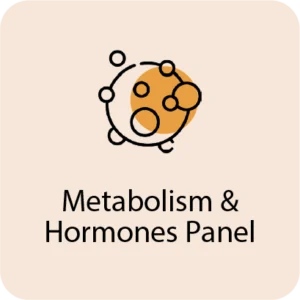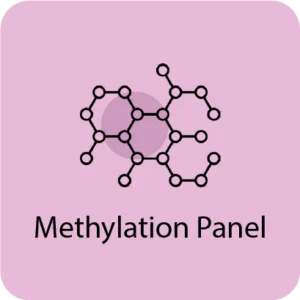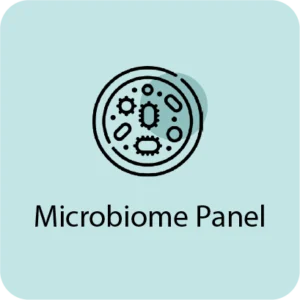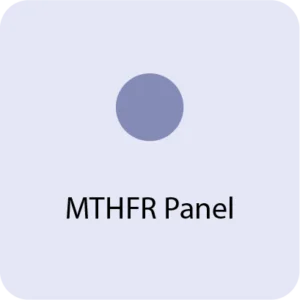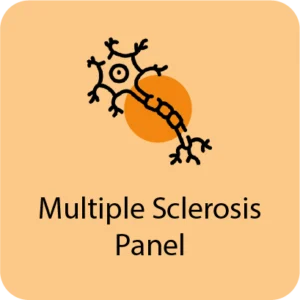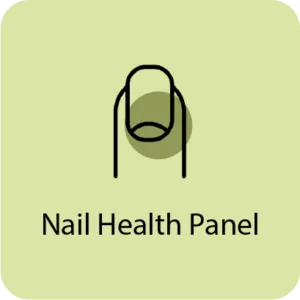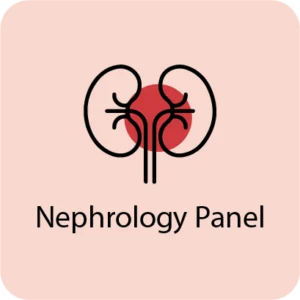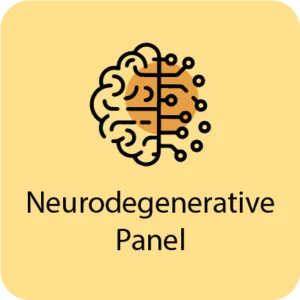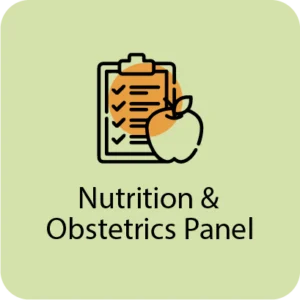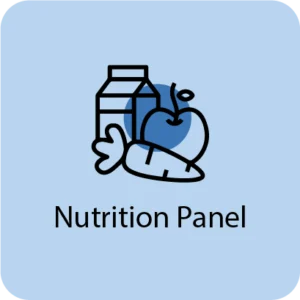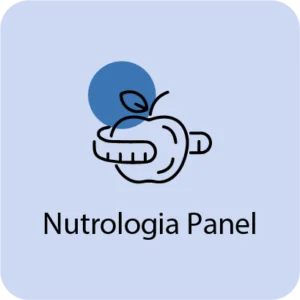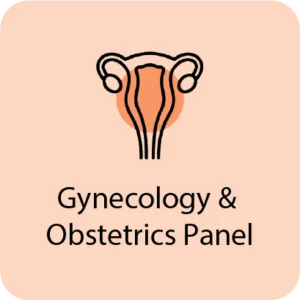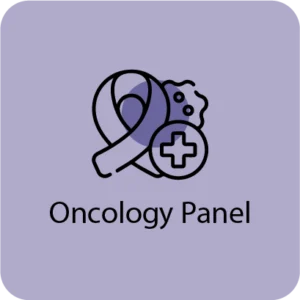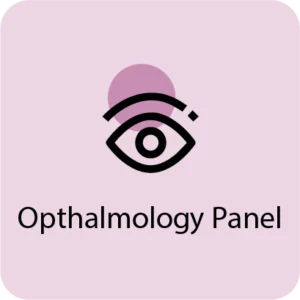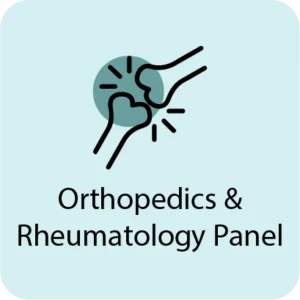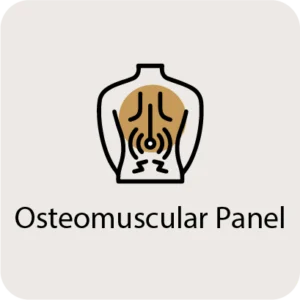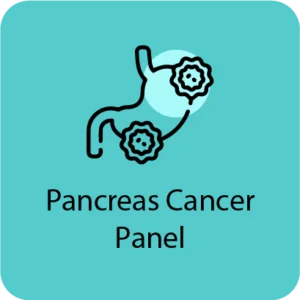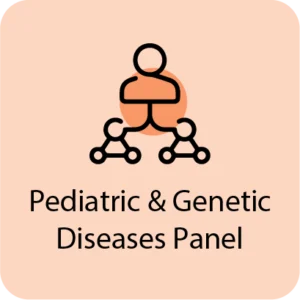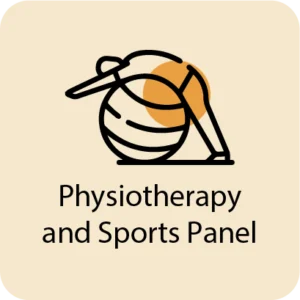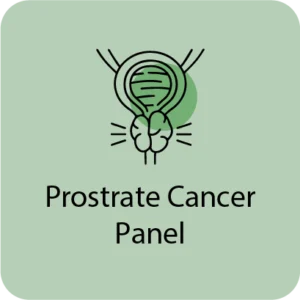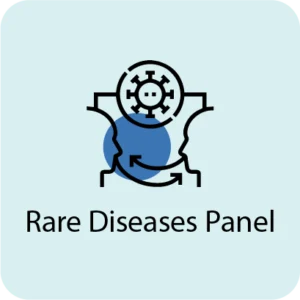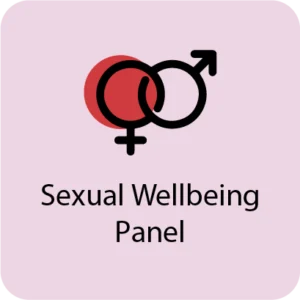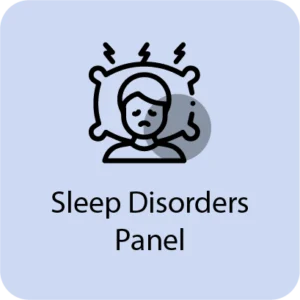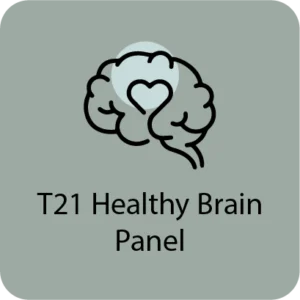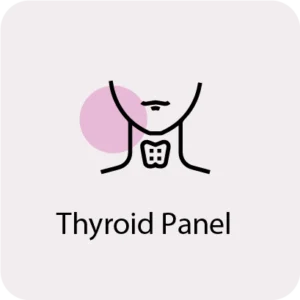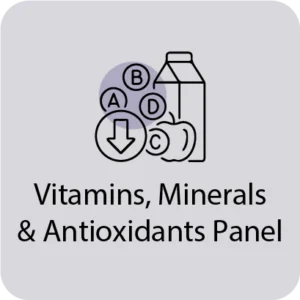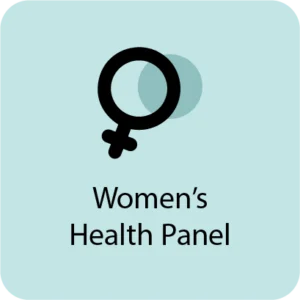Addictions Panels
Addiction condition is a complex and multifaceted issue that has affected individuals from all walks of life. At the core, an addiction-like condition involves compulsive engagement in a substance or behavior despite some of the adverse consequences. Further, understanding the nuances of addiction is well crucial for both those affected and their support networks. This panel shed light on the various aspects of addiction, including its causes, effects, and available treatments.
What is Addiction?
Addiction is a chronic condition that is characterized by compulsive drug-seeking and use, despite harmful consequences. The issue is considered as a brain disorder. It involves alterations in the structure and function of the brain’s reward circuitry. Addiction can manifest in various forms, including substance addiction (e.g., drugs, alcohol) and behavioral addiction (e.g., gambling, gaming).
Causes of Addiction:
- Genetic Factors: Research has suggested that genetic predispositions can contribute to an individual’s susceptibility to addiction. Having a family history of addiction can increase the likelihood of developing addictive behaviors.
- Environmental Influences: Environmental factors like exposure to stress, trauma, peer pressure, and availability of substances influence the development of addiction.
- Neurobiological Changes: Addiction alters brain chemistry, particularly the reward pathway, leading to the reinforcement of addictive behaviors. Some of the neurotransmitters like dopamine all play a key role in this process.
- Co-occurring Mental Health Disorders: Individuals with some of the underlying mental health conditions, like anxiety, depression, or trauma-related disorders occur. These are at a higher risk of developing addiction.
Effects of Addiction:
- Physical Health Consequences: Addiction-like conditions can take a toll on physical health. This can lead to various complications like respiratory issues, liver disease, cardiovascular problems, and increased susceptibility to infections.
- Mental Health Effects: Addiction usually coexists with mental health disorders, exacerbating symptoms and impairing overall well-being. Such issues as depression, anxiety, and psychosis are so common among individuals who are struggling with addiction.
- Social and Interpersonal Impact: The condition can strain any relationships with family, friends, and colleagues. This shall eventually lead to social isolation, conflicts, and breakdowns in communication.
- Financial Burden: Funding addictive behaviors can usually lead to some sort of financial instability, debt, and legal troubles. Further, it shall exacerbate the negative consequences of addiction.
Solutions:
- Behavioral Therapies: Cognitive-behavioral therapy (CBT), contingency management, and motivational interviewing are super effective. These actions are known to address the underlying psychological factors driving addiction.
- Medication-Assisted Treatment (MAT): Certain medications are known to help in alleviating some of the withdrawal symptoms. This shall lower your cravings, and support long-term recovery. Examples of it include methadone, buprenorphine, naltrexone, and acamprosate.
- Support Groups: Peer support groups including Alcoholics Anonymous (AA), Narcotics Anonymous (NA), and SMART Recovery shall provide a sense of community, encouragement, and accountability for individuals in recovery.
- Residential Rehabilitation Programs: Some other Inpatient or residential treatment facilities offer intensive, structured care for individuals with severe addiction. They help to provide detoxification, therapy, and aftercare planning.
Lifecode provides a specialized addiction panel. It offers personalized care tailored to each individual’s unique needs. Our team of experienced professionals comprises addiction specialists, therapists, counselors, and medical professionals. They are all quite well passionate about guiding individuals towards recovery.
We do understand that addiction is not a moral failing but rather a medical condition that needs comprehensive treatment and support. At Lifecode, we take a holistic approach to addiction recovery, addressing the physical, emotional, and social aspects of the condition.
Our several programs are evidence-based and they all incorporate the latest research and best practices in addiction medicine. Whether you are specifically seeking outpatient counseling, medication-assisted treatment, or some of the intensive residential rehab. We are here to offer a range of options to suit your preferences and circumstances.
Moreover, we also recognize the importance of ongoing support in sustaining sobriety and preventing relapse. Our aftercare services include support groups, relapse prevention planning, and access to community resources to help you navigate life after treatment successfully.
At Lifecode, we are committed to walking alongside you on your journey to recovery, providing guidance, encouragement, and unwavering support every step of the way. No matter how daunting the road may seem, know that you are not alone. With all those right solutions and determination, we guarantee recovery within reach.
If you or someone you know is seriously struggling with addiction, do not hesitate to reach out to us. Our compassionate team is here to listen, support, and empower you toward a healthier, more fulfilling life that is completely free from the grip of addiction. Take the first step towards recovery today with LifeCode.
| Categories | Conditions Observed |
|---|---|
| Content Yet to Receive | Content Yet to Receive |
What is the Addictions Genetic Panel and how does it work?
The Addictions Genetic Panel is a comprehensive genetic test designed to analyze specific genetic variations associated with addictive behaviors. Through a simple saliva sample, it helps to examine key genetic markers related to various types of addiction. It includes substance abuse, gambling, and compulsive behaviors.
How can the results of the Addictions Genetic Panel be used?
For instance, individuals with high genetic risk profiles may benefit from early intervention programs, counseling, or tailored behavioral therapies to mitigate the risk of developing addictive behaviors. Furthermore, healthcare professionals can use this information to optimize medication selection and dosage for addiction treatment, enhancing treatment efficacy and minimizing adverse effects.
Who should consider this testing?
Individuals with a family history of addiction, past addictive behaviors, or those seeking proactive health management. Consulting with healthcare professionals is advised before testing.
Can the Addictions Genetic Panel be used for children or adolescents?
Testing for addiction risk in minors should be approached with caution and typically requires parental consent. Consulting with a healthcare provider or genetic counselor is recommended to assess appropriateness and implications.
How can I access the Addictions Genetic Panel?
Simply, go to the Buy Panel section under Addictions Genetic Panel section and choose whatever is suggested as per your healthcare requirement. Get genetic counseling services too that shall help individuals understand the implications of genetic testing and make informed decisions about health.
No reviews found for this product.

